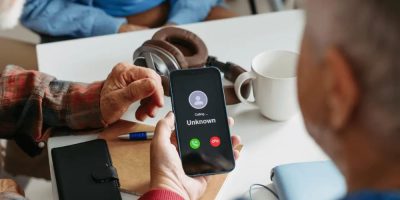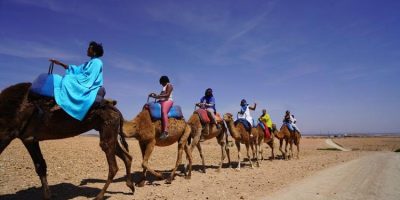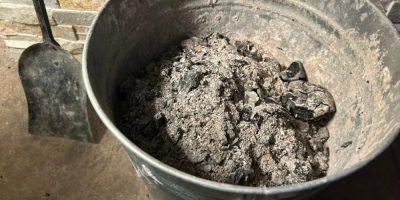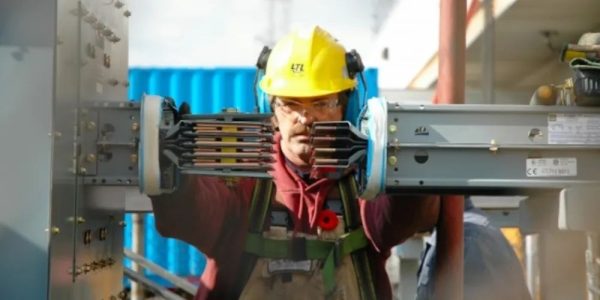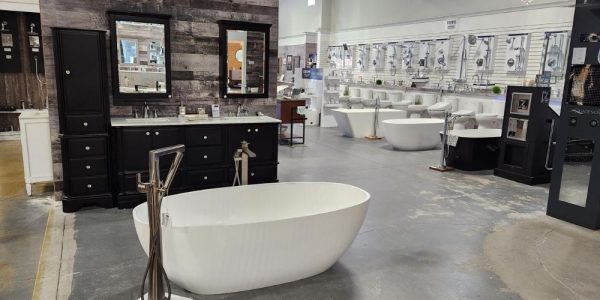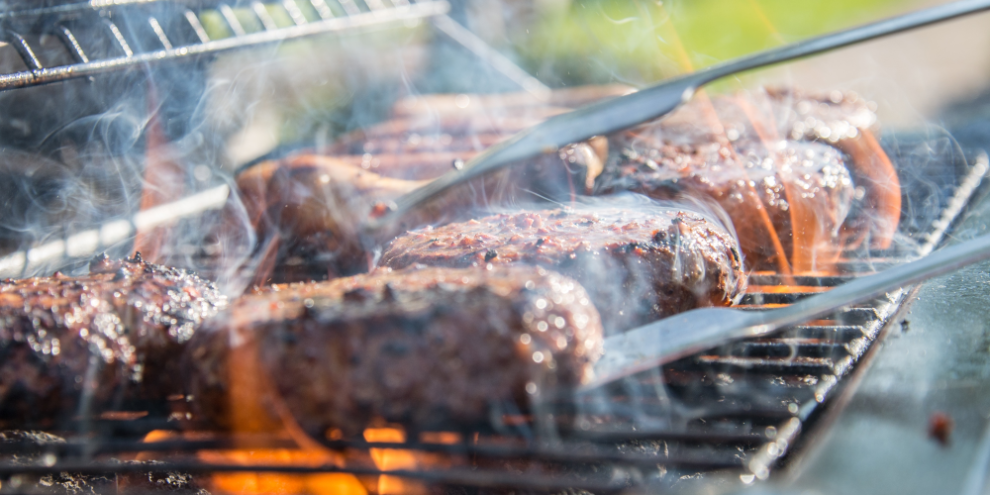
Do you pack up the grill when the winter weather hits or do you layer up and brave the cold? No matter which group you fall into, Napoleon has put together a few tips to makes sure you're storing and cooking both safely and efficiently.
Storing The Grill
- Disconnect your heat source. Whether you are on propane or natural gas, make sure the gas is shut off and the grill is disconnected from the tank or gas line.
- Give it a thorough cleaning. Scrub down the cooking grates and heat shields, clean out the grease catch and tray under the heat box and scrub down the side shelves and cabinet doors. Use a small flexible brush to clean the venturi tubes in case any spiders took up residence over the summer.
- Find a safe spot to stash it. If you are going to keep it outside, invest in a good cover that will keep the snow off your actual grill. Ideally, find a clean, dry spot in your shed or garage where you can stash it safely and protect it from the elements.
Braving The Cold
- Invest in the right equipment. Not all grills are made the same. If you plan on winter grilling, take that into consideration when purchasing your grill. Cheap barbecues are unlikely to get up to a sufficient temperature in the cold and are less likely to hold a high temperature. They are also likely to rust and break down when exposed to the elements. Look for a grill made from high-quality stainless steel. It is durable, rust-resistant and will hold high temperatures inside while fighting back the cold outside.
- Get it hot. It may be -10°C outside, but that doesn’t mean you can’t get your barbecue fired up to 500°F — it may just take a little longer. A word of advice – constant opening and closing of the lid will cause you to lose heat faster than you would in the summer. Once you have reached the optimal temperature, get your meat on the grill quickly and close the lid.
- Invest in the right accessories. First off, shovel a clear, safe path from your door to the grill. A good pair of heat resistant gloves will keep your hands safe … and warm. A Bluetooth food thermometer will help you keep an eye on how your meal is progressing without the need to keep going outside. It also allows you to keep the lid closed (see the point above).
- Be patient. Winter grilling is different than throwing some burgers on the barbecue in the middle of summer. Cold air temperatures mean it will take longer for your grill to reach optimum cooking temperature, and every time you open the lid you will lose valuable heat. But that also means it is ideal for trying hearty dishes that can be cooked low and slow, like this delicious smoked French onion soup or smoky maple ribs cooked over indirect heat.
Where do you stand? Brave the elements or wait until spring?
